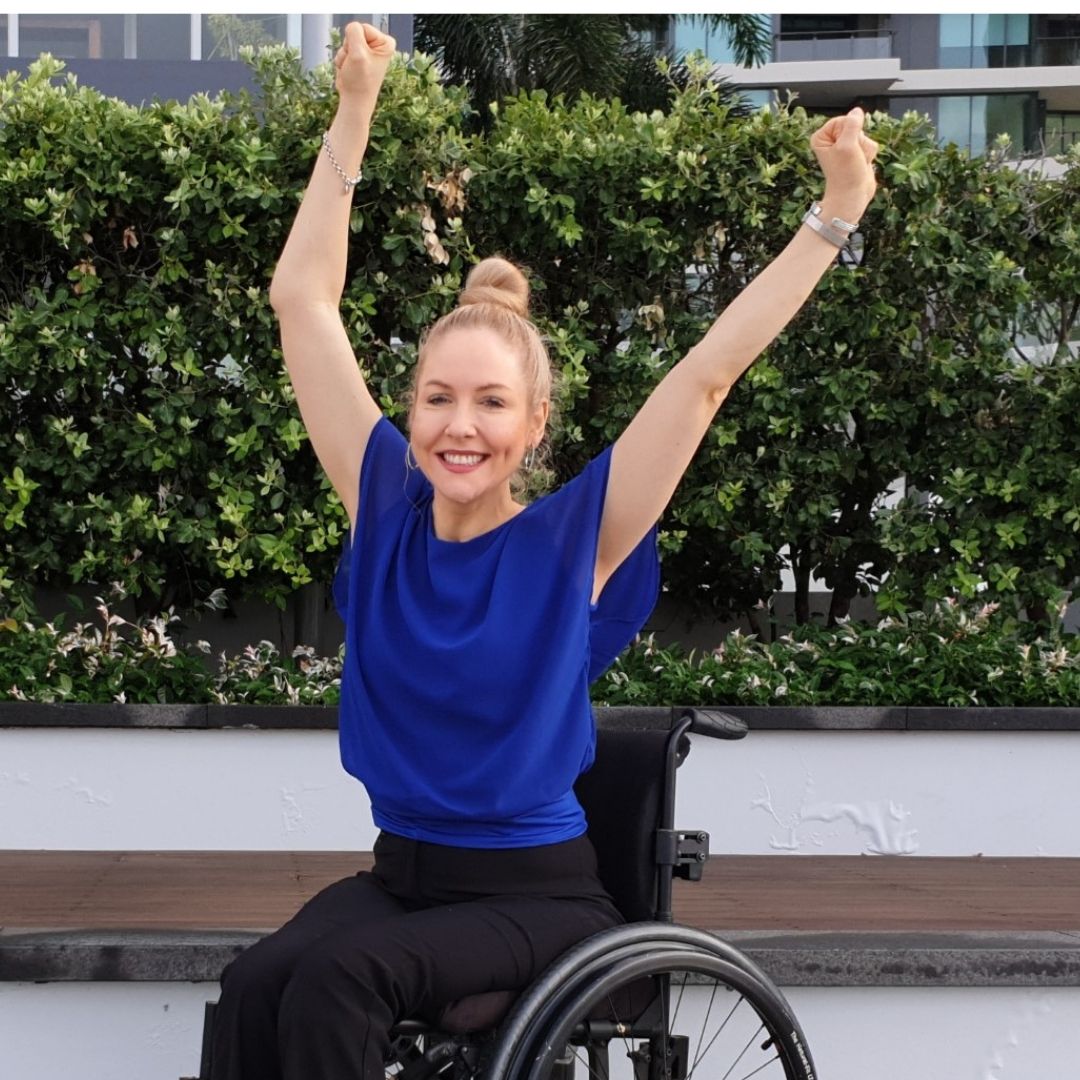Just like JOMO (joy of missing out) is to FOMO (fear of missing out), iselation is to isolation.
That’s what I’m calling all the things to love about COVID-19 isolife.
If your newsfeed is anything like mine right now, it’s full of pandemic updates and how people are generally struggling with isolation.
I’m struggling too but a lot less than many. I’m sure that part of the reason is because I’ve been living in varying states of isolation for over 15 years.
In that time, I’ve had no choice but to adapt to my ‘new normal’. The same way many of you would have after childbirth, the loss of a loved one, acquiring illness or disability, changes to employment or whatever best fits your situation.
The cause may differ but each can result in isolation.

As a realistic optimist, I’ll seek sunshine in the dark but I’ll never stick my head in the sand and go all Pollyanna on you, hashtag, positive vibes only.
The same is true for this pandemic.
People are dying, a lot of us are fearful about the unknown, unemployment is everywhere, the economy is a sh*tshow and rates of domestic violence are on the rise.
There’s no doubting that isolation can be unbelievably boring, lonely and scary.
That being said, my years of full or partial isolation have taught me so many things about dealing with the aforementioned side effects while watching my job, friends and certain freedoms disappear.
The trick to coping has been ‘reframing’. So here are some ideas about how you can turn isolation into iselation.
- Rejoice for empathy – I’ve spoken with several people (mostly men) who are suddenly gaining empathy for their partner who spend all day at home with the kids. Prior to that there may have been a little sympathy but now they’re experiencing isolation for themselves and finally getting an insight into many of the things you’ve known for years.
- Think of all the money you’ll save – Manicures, petrol, that takeaway coffee on the way into the office and frequent trips to the hairdresser are no longer an option. So as your regrowth grows, so too will your bank balance.
- No more excuses – “I don’t have time,” is an excuse I’ve used to procrastinate but now many of us can’t say that any more. Sure, some of my work has dried up but it means a whole new window of opportunity has opened up to get sh*t done around home.
- A chance to pause – Contrary to the above point about doing stuff, your preference may be to do absolutely nothing with your time in isolation and that’s perfectly ok as well. Isolation also makes life a lot simpler and decisions about where to go, what to do, who to see and what to wear no longer need to be made.
- Newfound appreciation – When I first started working from home (after busy city offices) the things I missed most was the day-to-day banter. I’ve never liked predictable small-talk but sometimes (very rarely), I actually miss it. Is there something about your workplace you can’t stand? Maybe right now you’d do anything for that annoying co-worker to turn up at your door and start rambling about her cat – again.
- You’re not alone – No longer do you need to worry that you’re the only one in your social circle or workplace who isn’t going to the gym, working in their pyjamas or with regrowth. We’re all in this together!
- Expectations are gone – That thing you were expected to turn up for, even though you didn’t really want to can be deleted from your diary with zero judgement, from yourself or someone else. Plus, the world is finally learning what introverts and I (as an ambivert) have known for years – Being comfortable with only your own company is an invisible superpower.
- We haven’t heard about the Kardashians for weeks – Thank f*ck for that! Maybe celebrity gossip is your thing, in which case, you might be grieving right now. But COVID-19 is stopping more than international travel and for that, I’m Iselated!
So that’s how I’m reframing isolation. What would you add or agree with?
Obviously, we all have very different lists depending on our personal circumstances but what’s keeping you in Iselation?

